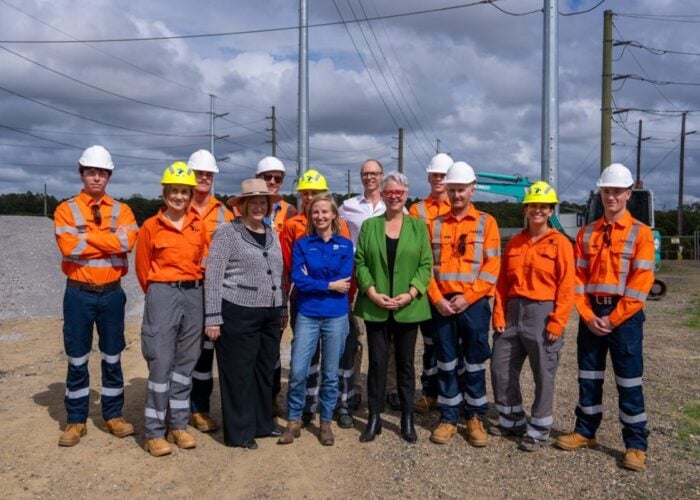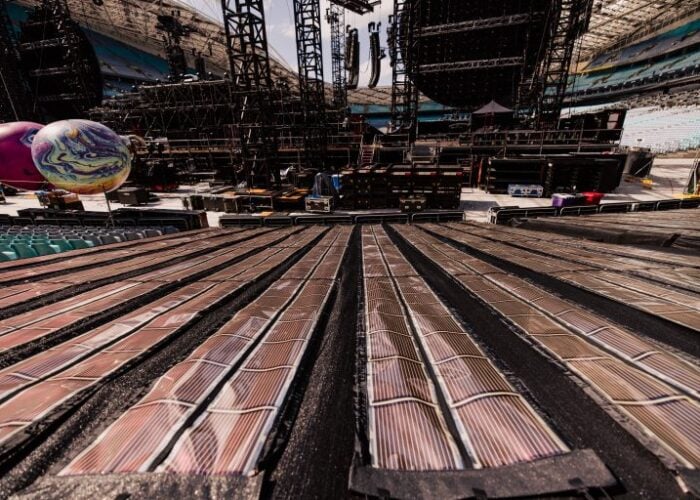XeroCoat has chosen Air Liquide Electronics U.S. to supply the precision chemical delivery systems for XeroCoat’s turnkey antireflective coating platform for glassmakers and end-users in the solar manufacturing industry.
“Our partnership brings customers an innovative antireflective coating (ARC) solution from XeroCoat that increases solar system efficiencies together with a proven worldwide supplier of chemical delivery systems”, said Thomas Hood, XeroCoat’s president/CEO. “XeroCoat has selected a partner that is well-established in the solar industry to make our turnkey antireflective coating systems even more cost-effective and easier for our customers to adopt”.
Calling his company a “recognized leader in supplying and distributing gases and liquids with high-performance, cost-effective delivery equipment for the solar industry,” Dave LeBlanc, president of Air Liquide Electronics, said that “the combination of XeroCoat’s antireflective coating technology and Air Liquide Electronics’ chemical systems expertise aligns well with our growth strategy of closely aligning to our customers’ needs to develop new markets with innovative applications using new technologies.”
Crystalline silicon and thin-film PV, concentrating PV, and solar thermal module, device, and glass manufacturers can integrate XeroCoat’s antireflective coating system into their production processes, enabling the processing of a high-performance ARC using the Redwood City, CA-based company’s patented methods.
Try Premium for just $1
- Full premium access for the first month at only $1
- Converts to an annual rate after 30 days unless cancelled
- Cancel anytime during the trial period
Premium Benefits
- Expert industry analysis and interviews
- Digital access to PV Tech Power journal
- Exclusive event discounts
Or get the full Premium subscription right away
Or continue reading this article for free
XeroCoat says that by using its ARC technology–which is compatible with existing manufacturing processes throughout the supply chain–solar module makers can expect a 3% increase in peak power output and a 4% increase in energy produced on a kilowatt-hour basis.
XeroCoat also recently won a pair of government grants. The company scored funds from the Australian Climate Ready program to develop antisoiling technologies for solar modules’ cover glass, while a grant totaling $2.96 million from the U.S. Department of Energy’s Solar Energy Technologies Program has been designated for a project to commercialize an ARC that can be applied on finished rigid-glass and flexible substrate PV modules.






